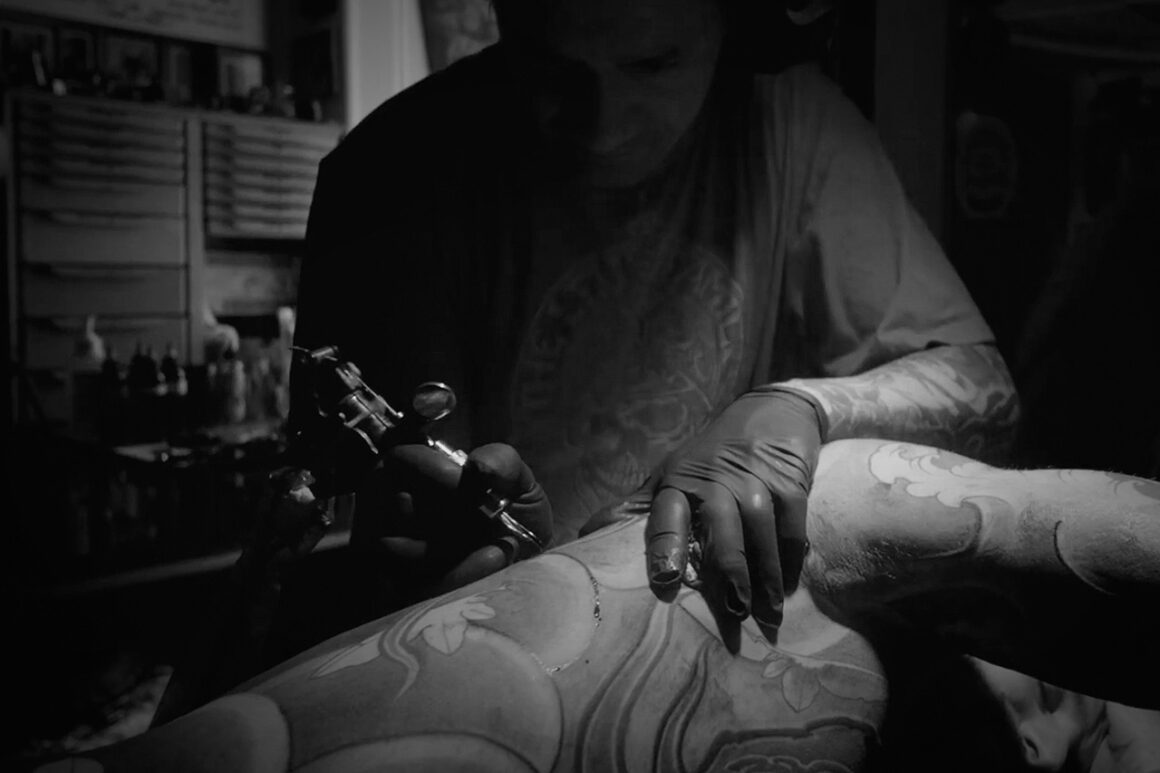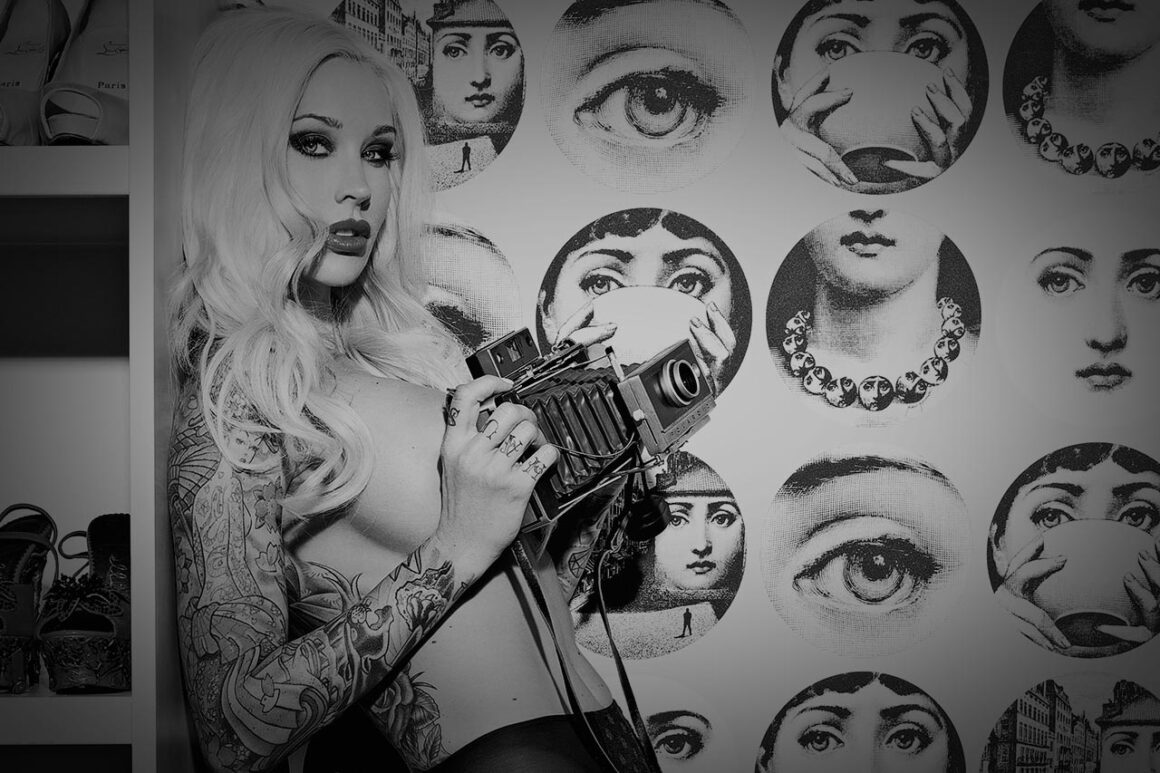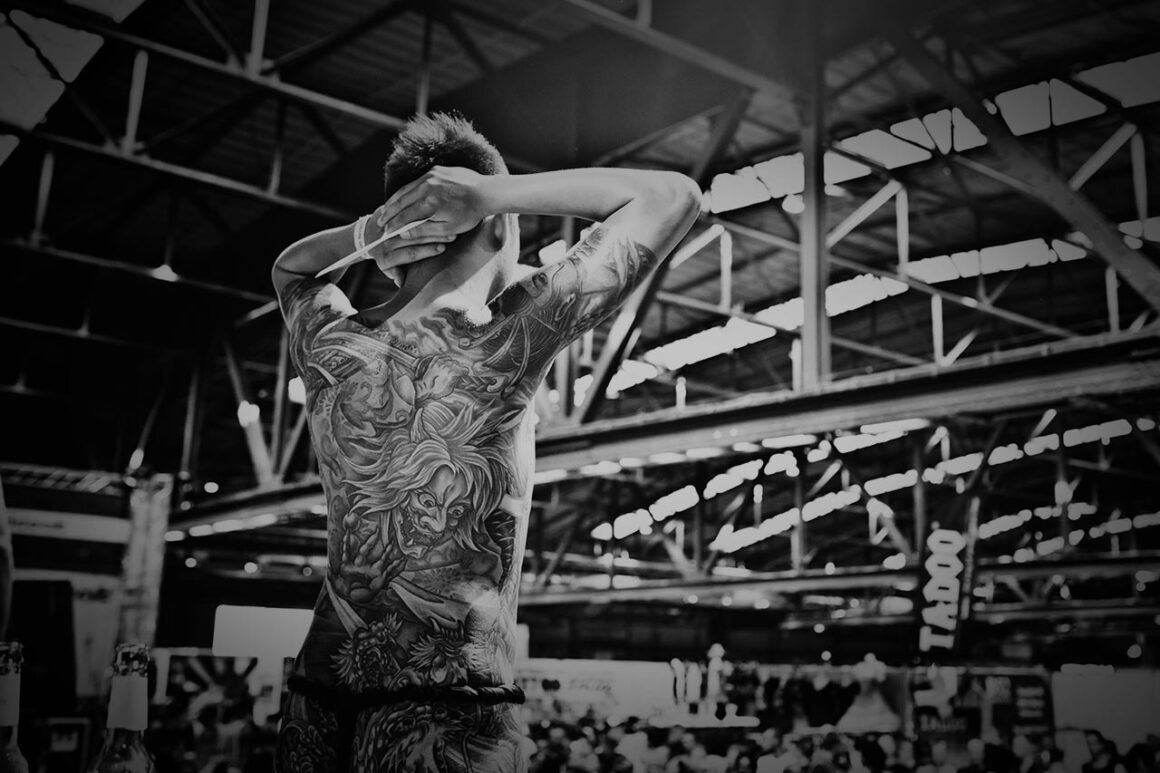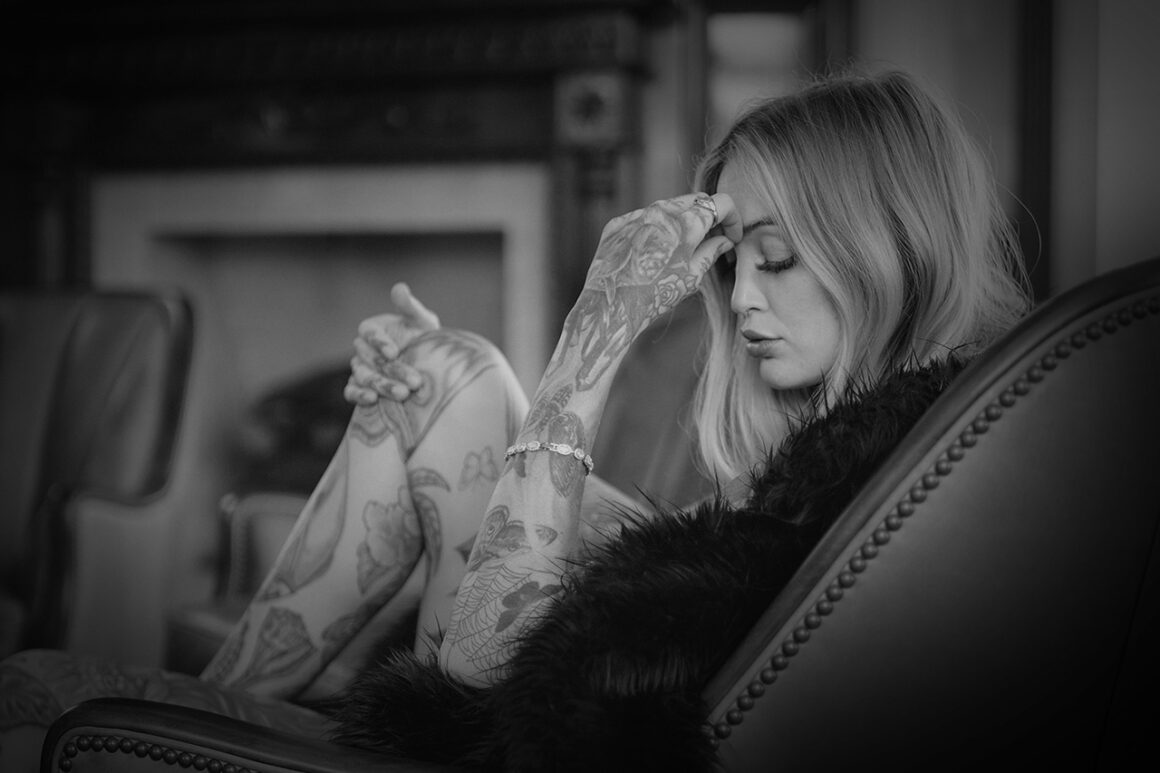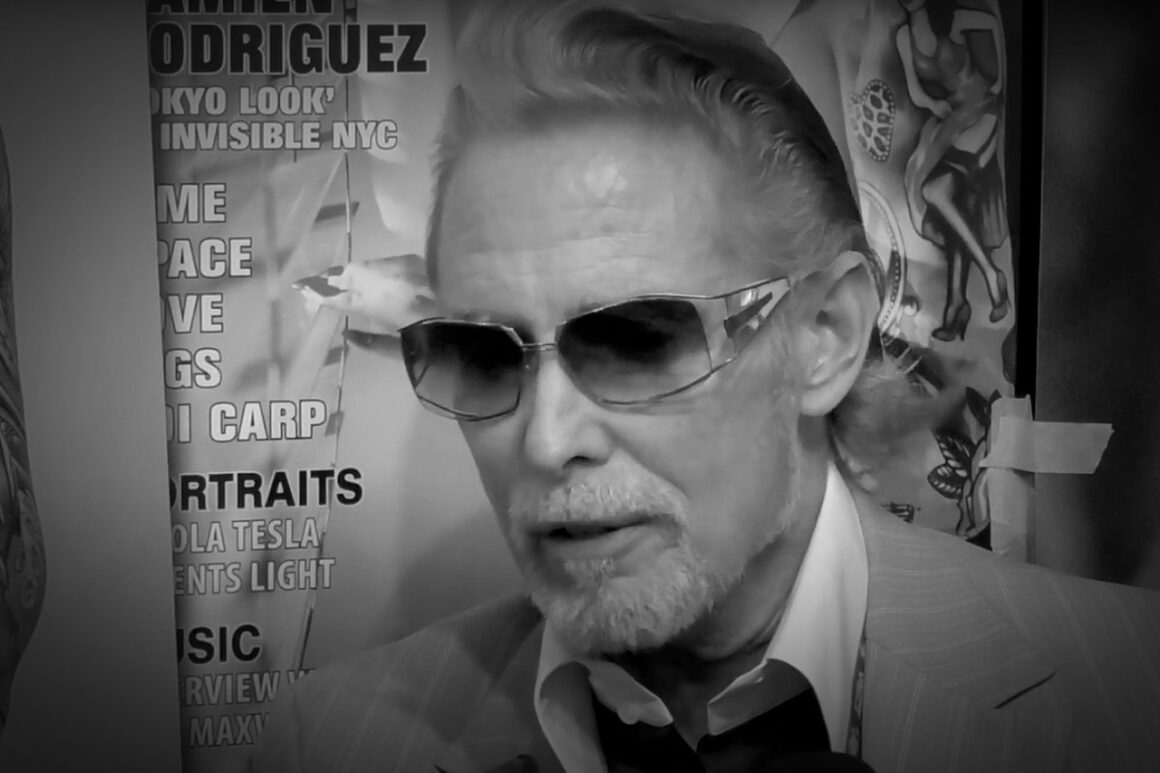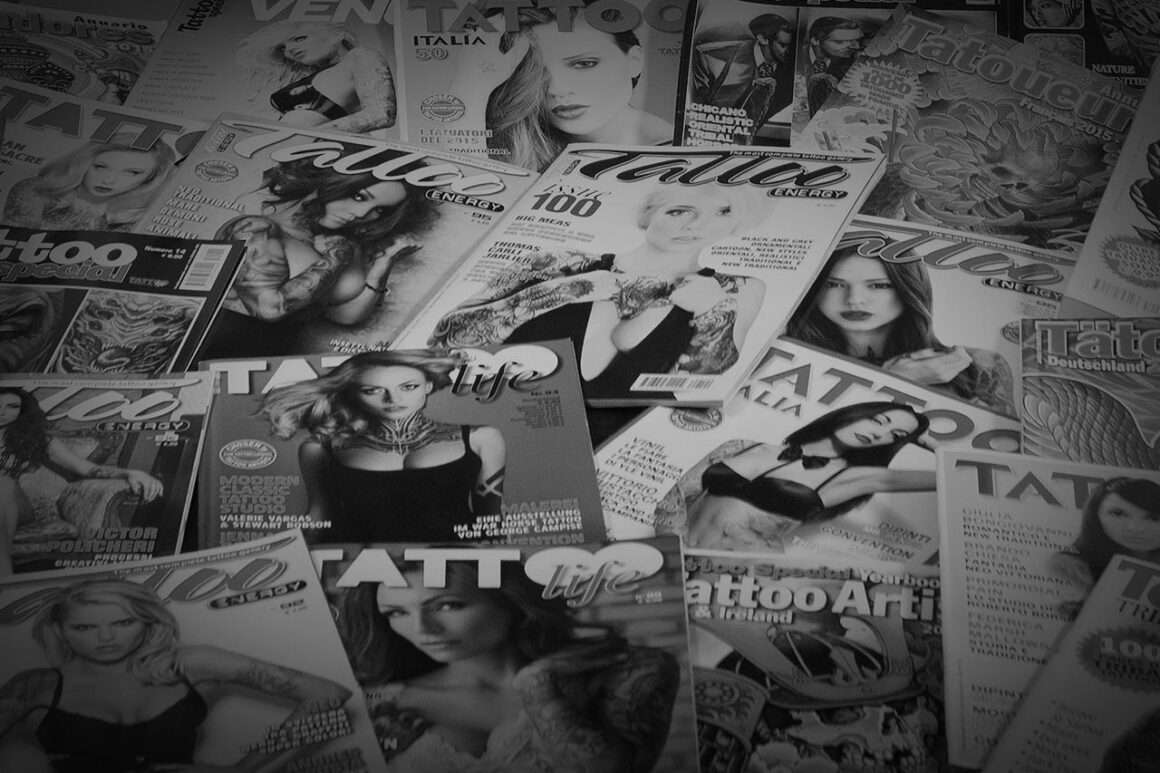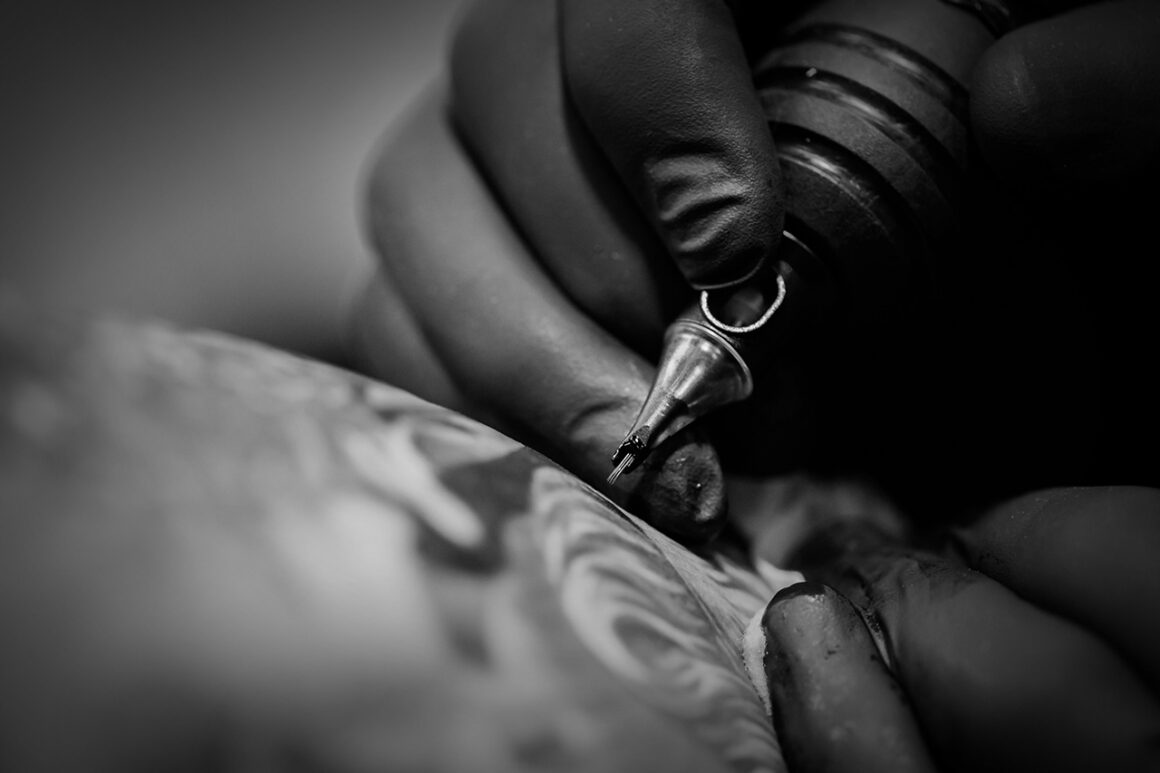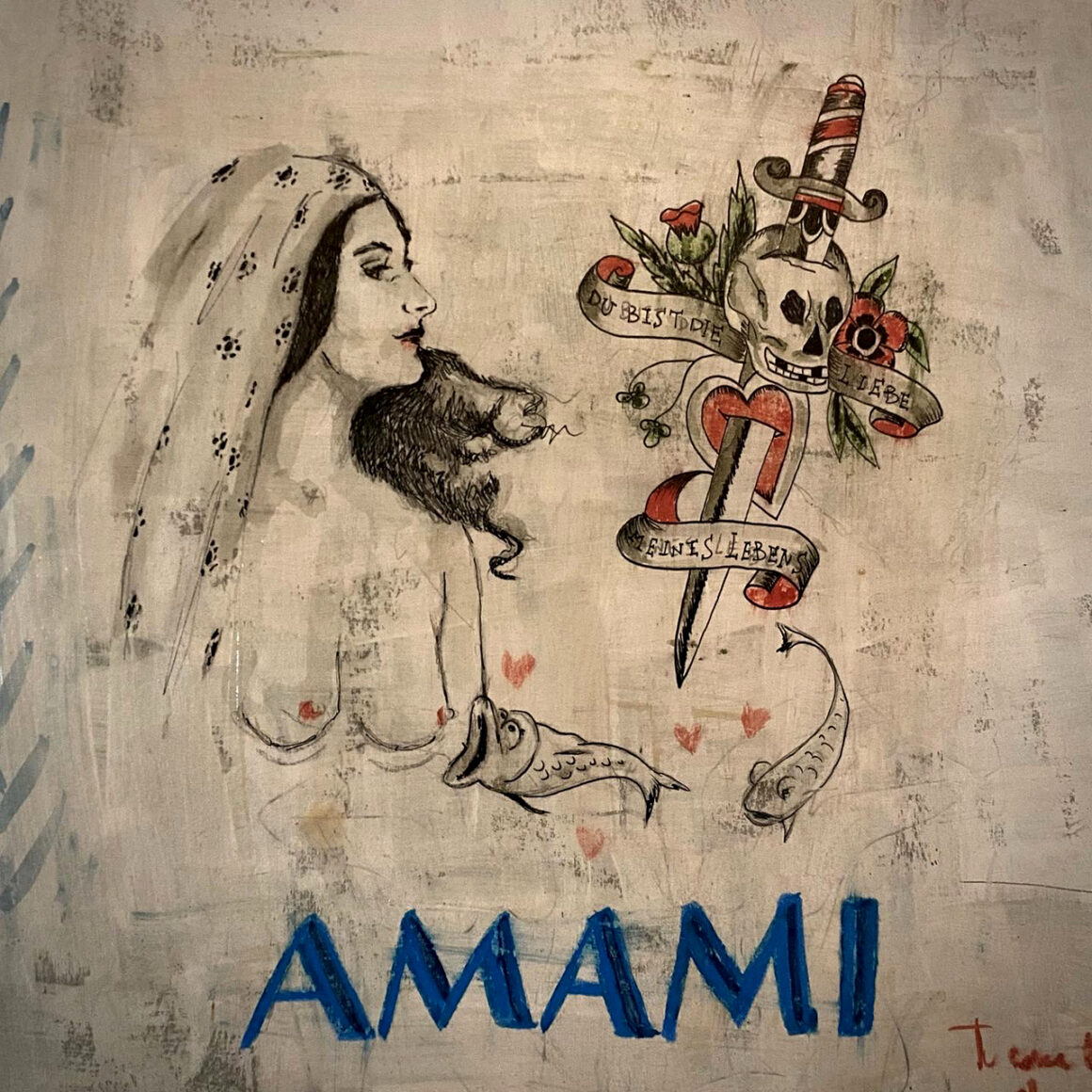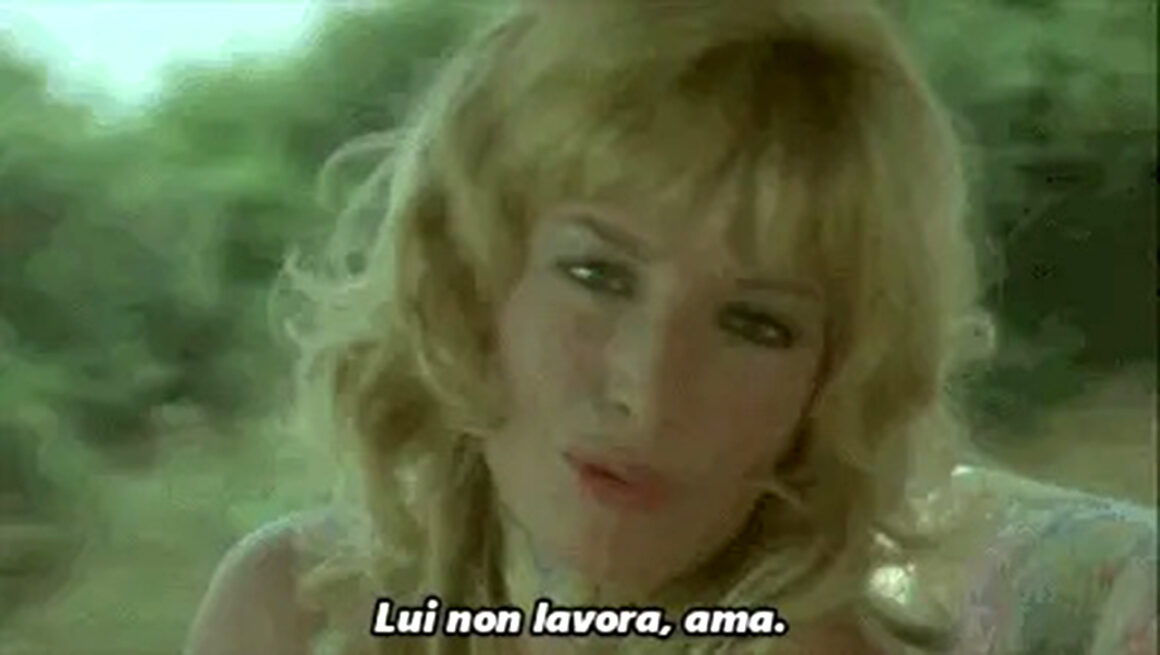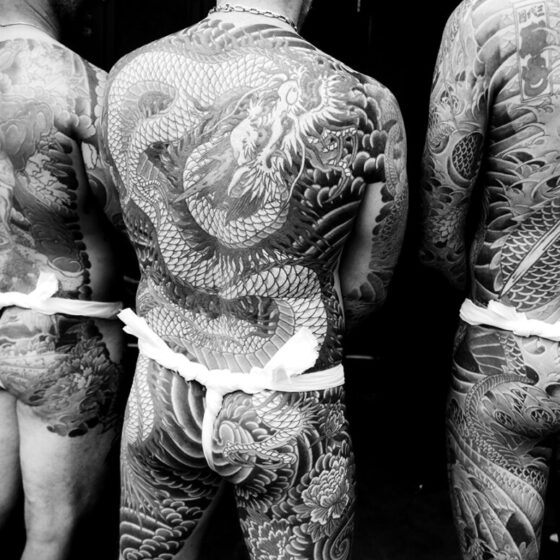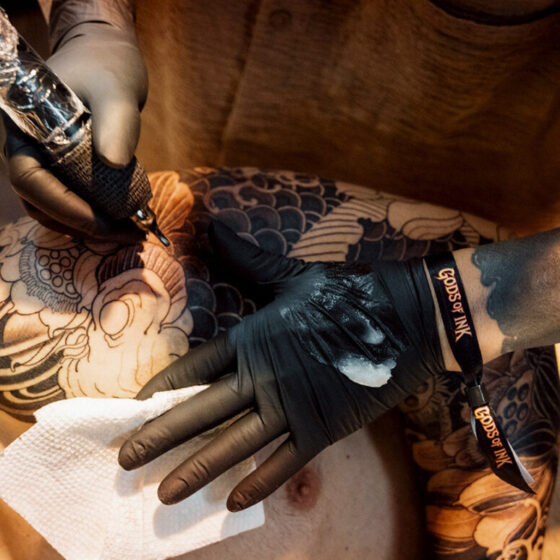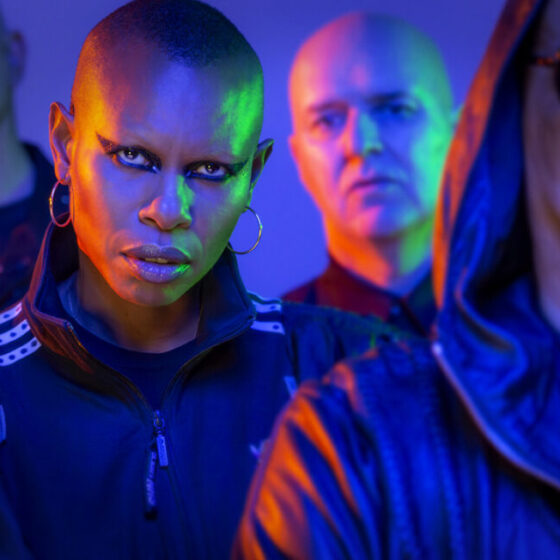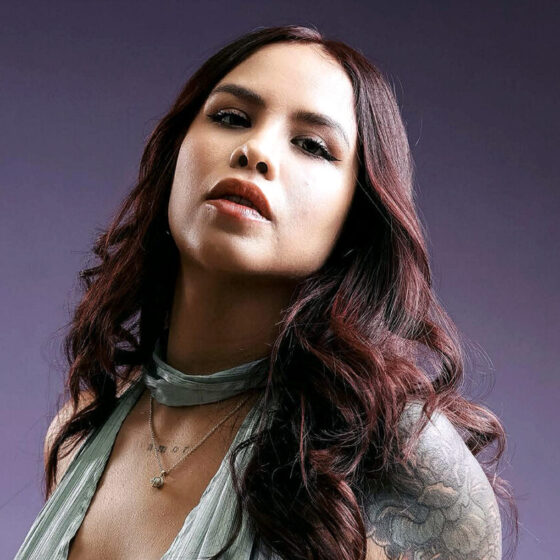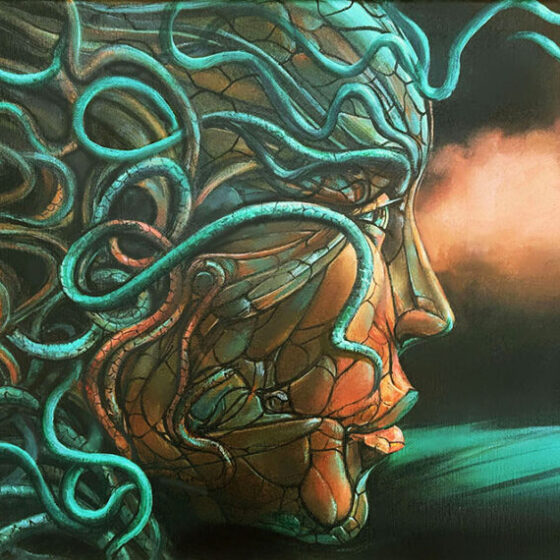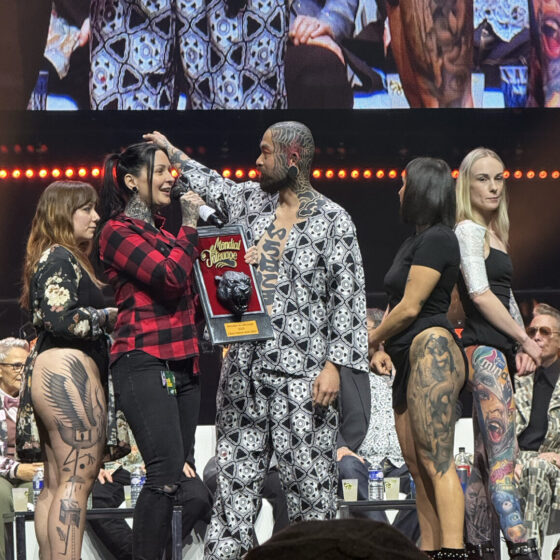After the debut of her exhibition ‘Pane, Marmellata e Me’ (inspired by an old Cicciolina song) in Rome at Uroboro Bookshop, let’s get to know a well-rounded artist/tattoo artist.
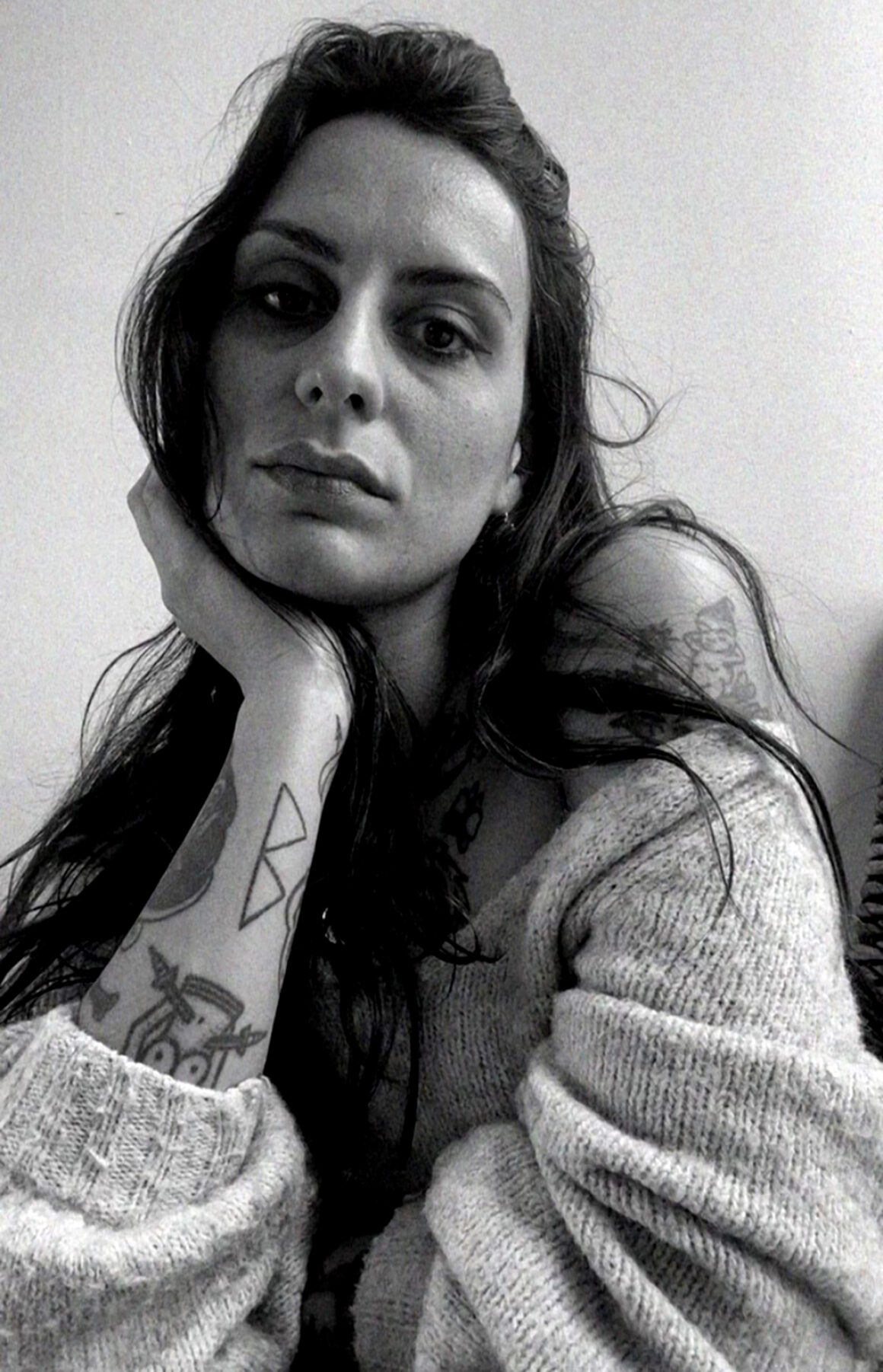
Marika, you called your degree in Art History “useless” and now instead you are an artist between exhibitions and tattoos. I would say to start right here. From this personal approach of yours, not undermined by too much formalism and erudition.
When I said I graduated “unnecessarily” in all likelihood I was in one of those moments when I was not living with total serenity my attachment to art and my course of study. Maybe it was also one of those times when I was doing other jobs to cultivate my own. You know, living from art is beautiful: a privilege that does not, however, exclude complexities and fragilities that are difficult to avoid, especially here in Italy. And being a full-time artist is something I’m still making peace with. (smiles)
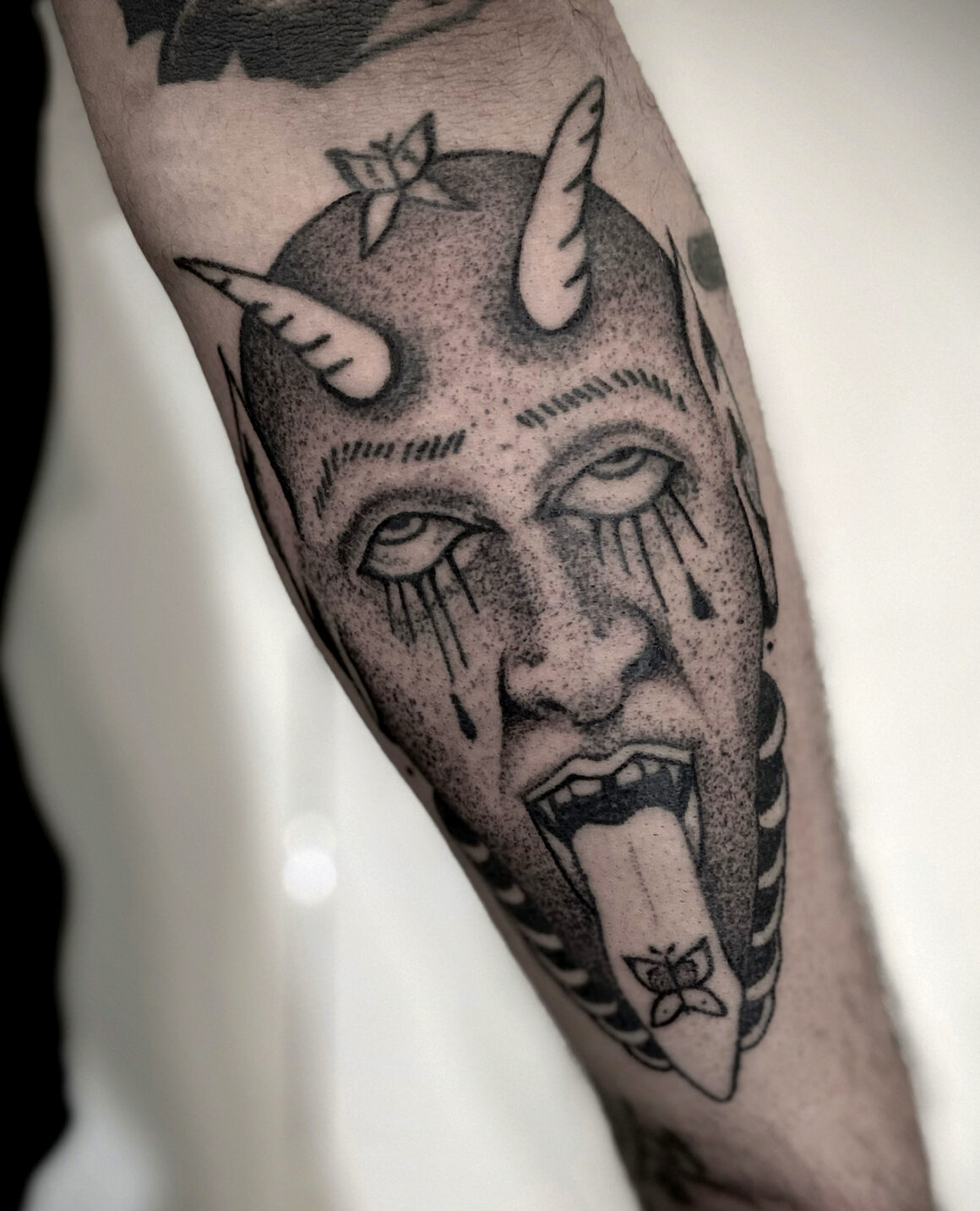
You may have already been asked this, but why the stage name D’Ernest?
I dedicated that one to Ernest, my son who is now almost 6 years old. In life I have two intellectual pillars (in the sense of politicians and ideals) which are Ernestine Simone de Beauvoir and Ernesto Che Guevara, and I decided on my child’s name when my belly was not yet evident. Ernesto came into this world revolutionizing me completely. And then we want to talk about Oscar Wilde and his work ‘The Importance of Being Ernest’?
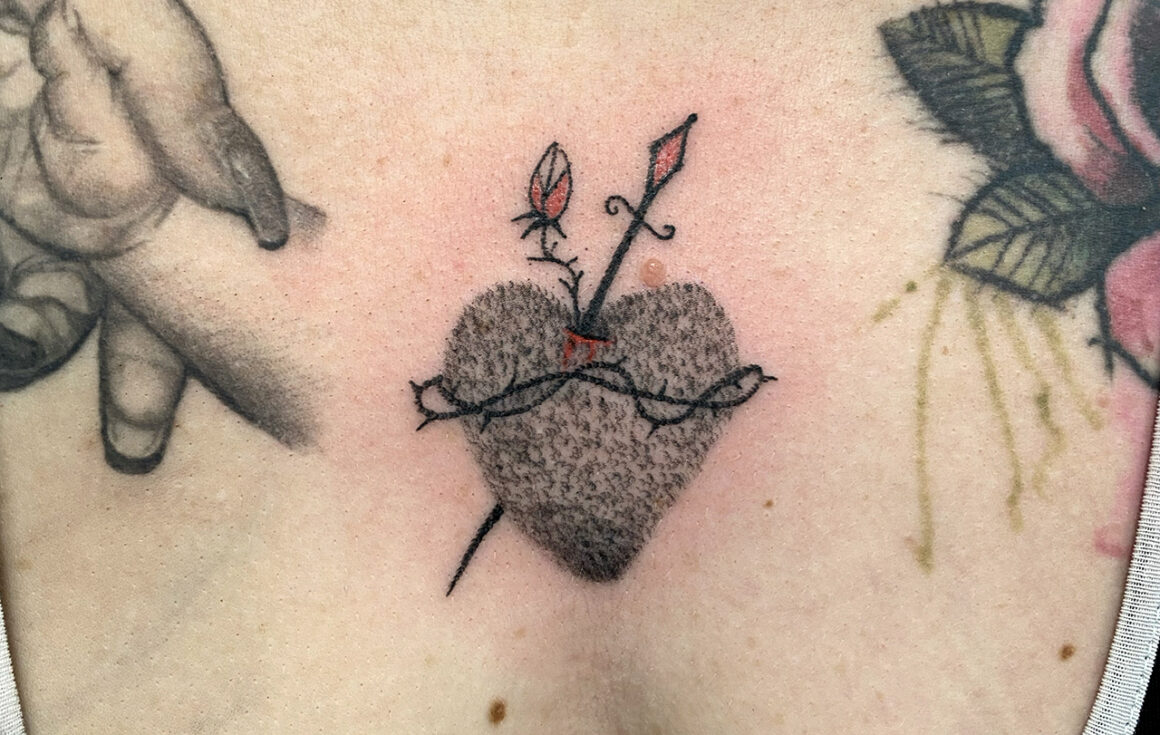
Tell me about your first ever approach to the world of tattoo art. About that first tattoo that Rocco Buono of the ‘Dermal Art Tattoo Studio’ in Gravina in Puglia made on you…
When I had my first tattoo done by Rocco, I had no idea what this world was all about. I was totally ignorant of its culture. Rocco had a small studio in the town square, and I went there with my sister and got a tattoo of a drop -a tear behind my back- at my request, perfectly in the center! (laughs) Now what was a colored tear is part of the tail of a mermaid being preyed upon by an eagle.
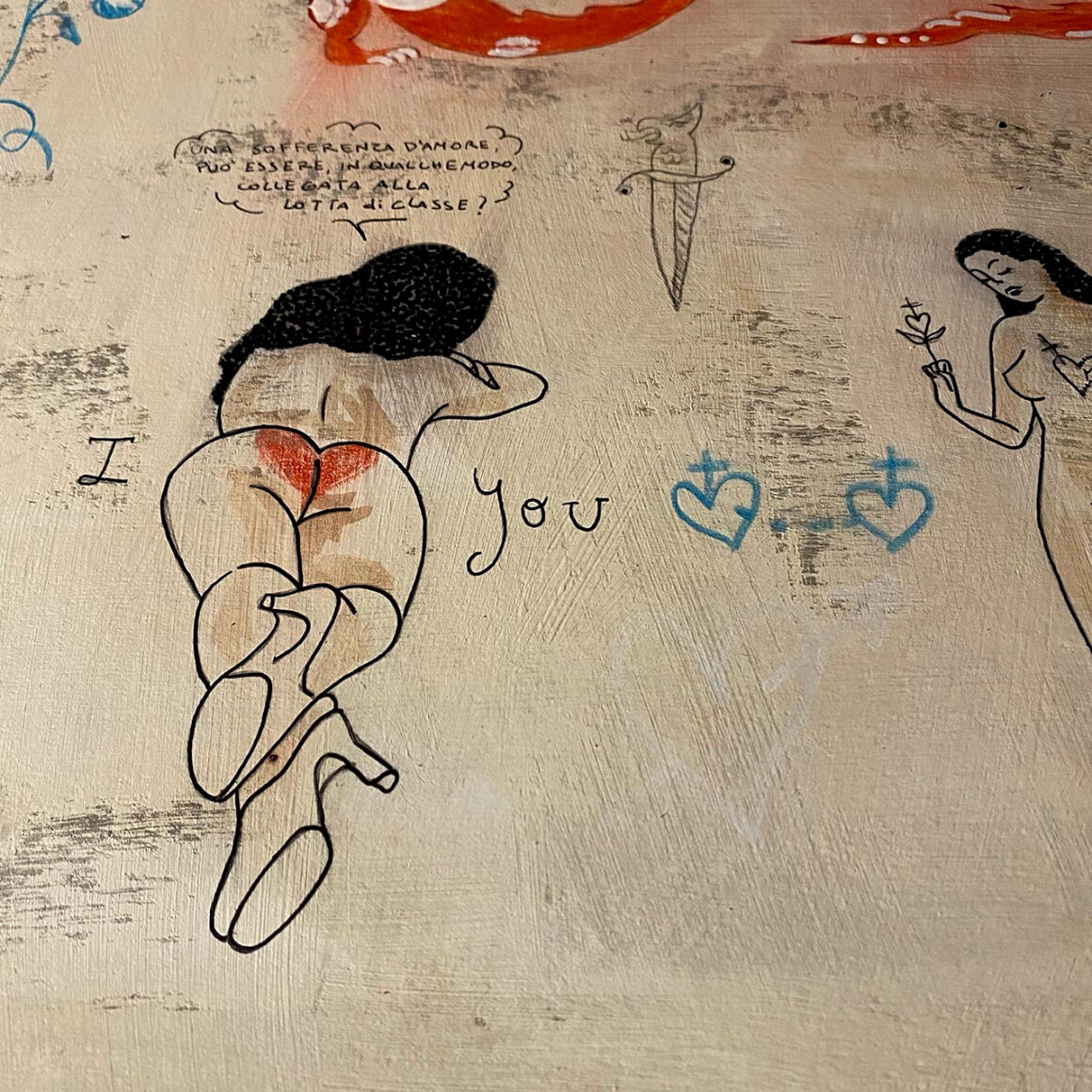
And it’s also covered because a few years ago I decided to get my entire back tattooed by Stefano Prestileo (IG: @prestileotattooing) of ‘Blue Port Tattoo’ in Genoa, aka one of the tattoo artists who passed on my passion for historical tattooing and a great friend of mine. I have been tattooing for 17 years now and I would say it is a path that has allowed me to meet the people who have, in the greatest way, nurtured my growth.
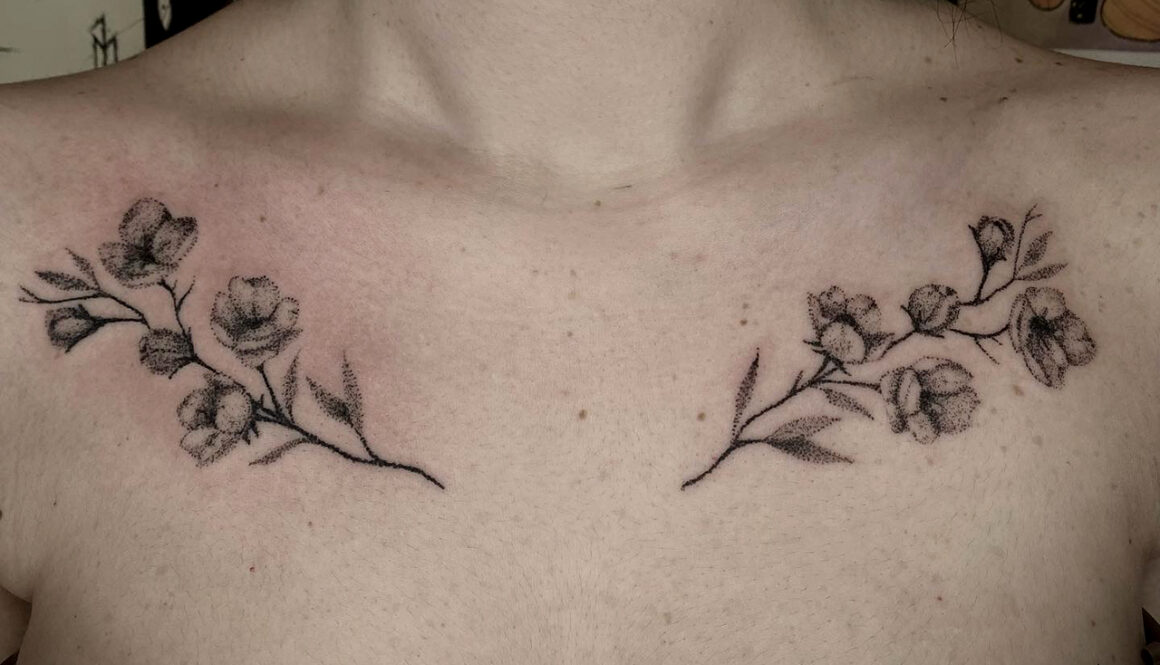
Did the fact that you decided to tattoo everything by hand, in a kind of “unplugged tattooing,” stem from wanting to go against an industry that is 99 percent based on the electric machine?
Oddly enough, and at least in this case, I don’t want to go against any industry! (laughs) In the beginning I did some bad machine tattoos, but I felt that that was not my path. When on the streets of Bologna or in my town in Puglia, I happened to meet people with handmade tattoos “on vacation” (made in prison. Ed.), I would stop them and let them tell me their story.
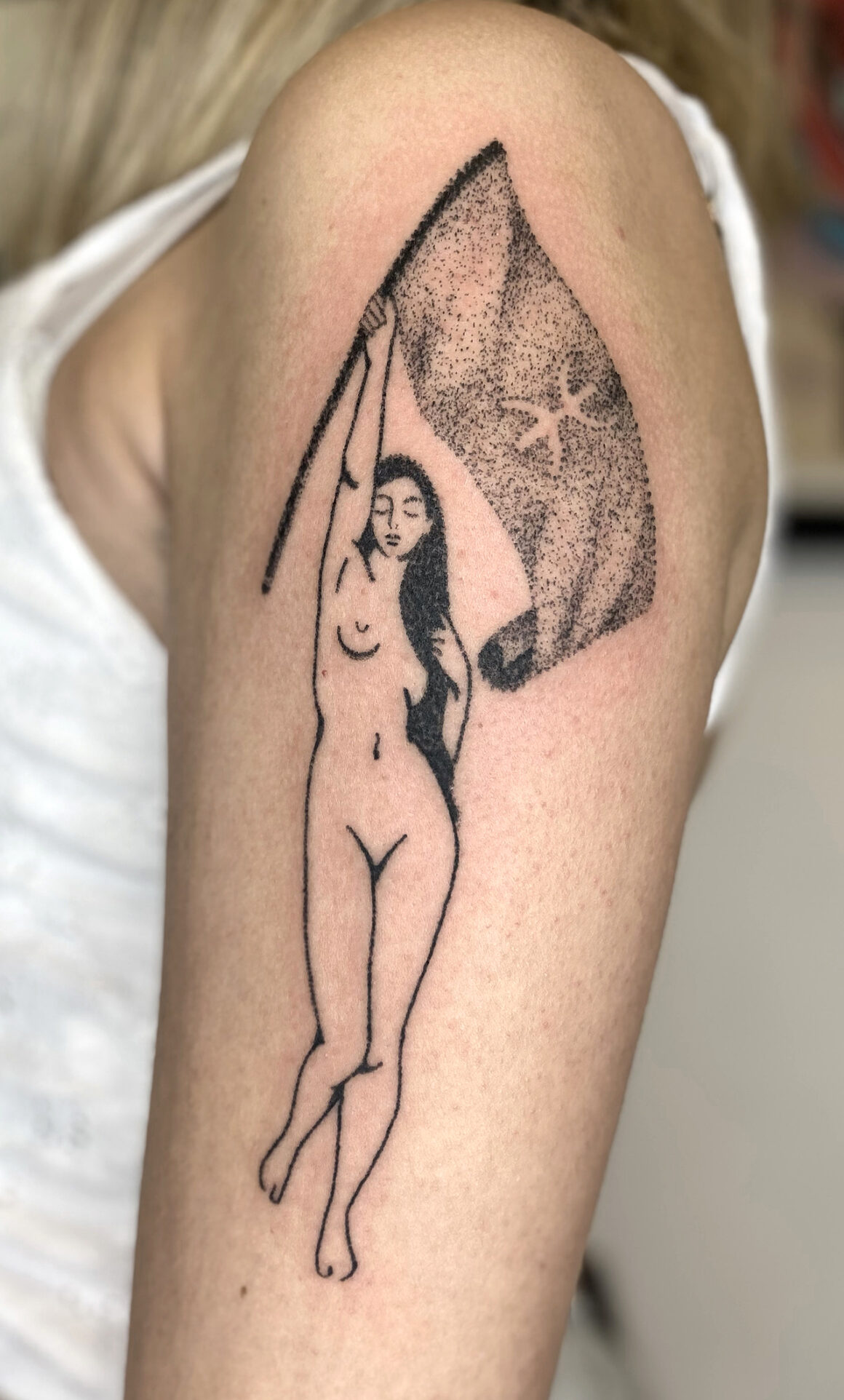
Those little women now green, the inscriptions of love, the faces of saints on chests full of scars, the butterflies, the flowers of ruthless romanticism on the bodies of people not exactly reassuring, I found them and still find them imbued with a unique charm! I sensed their authenticity. So I decided to pursue, with some ambition, this path.
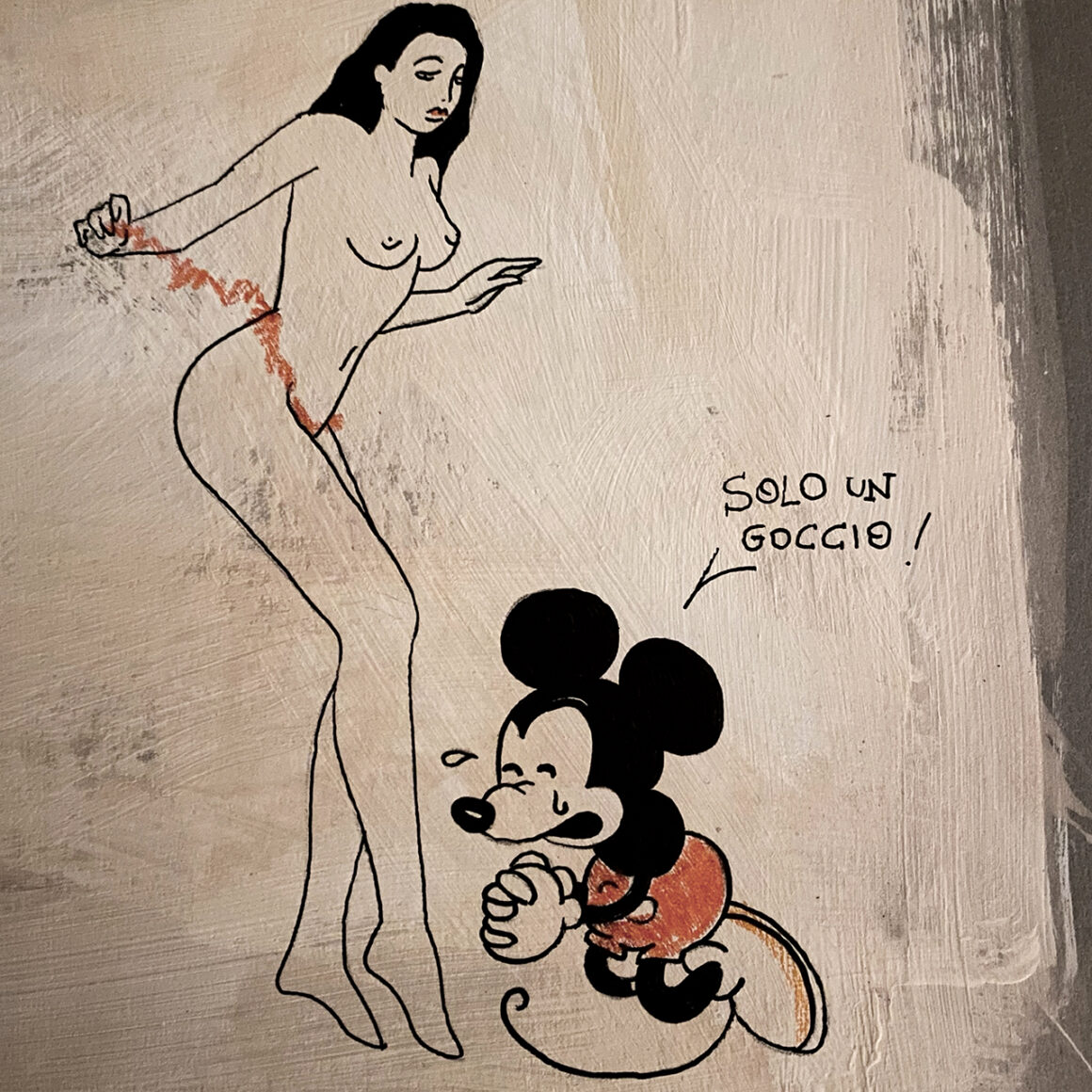
The question is, why?
Maybe because I like to aspire to the authentic, imperfect, emotional tattoo. Which I have found by doing it and getting hand tattooed. I definitely don’t have a full schedule in that regard, but yet I’m here to tell you about it.
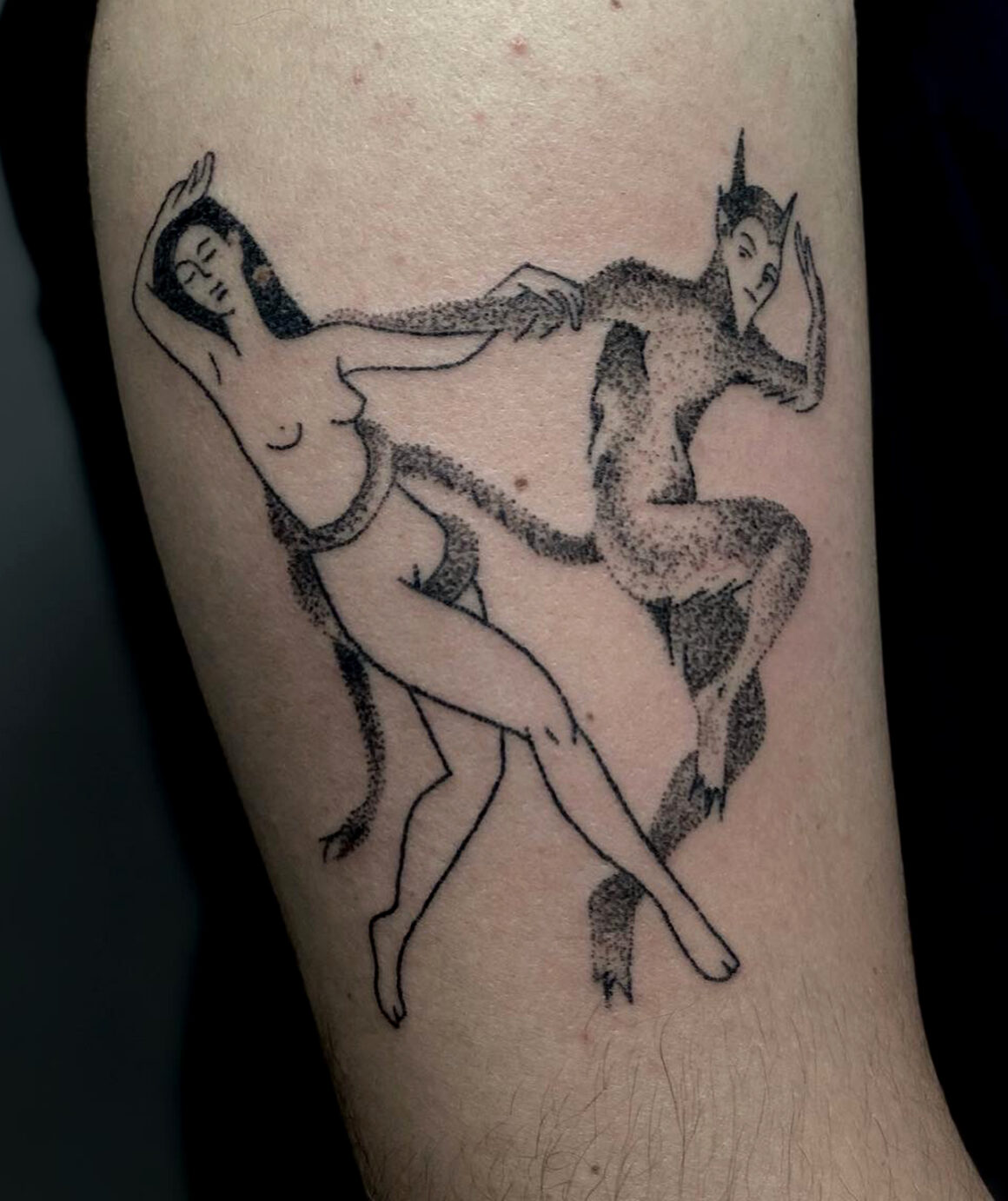
When you work at ‘Black Swan Tattoo’ in Bari or makin’ guest at ‘Sorry Mom’ in Bologna, ‘Kiku Tattoo Studio’ in Rome or ‘The Tattoo Shop’ in Milan, do you ever feel like an early 20th century blues musician armed with an acoustic guitar going to offer her art in the temples of electric guitars?
No! (bursts out laughing). Here I have to quote Italian novelist Cesare Pavese and respond by saying that I feel “like a trout.”
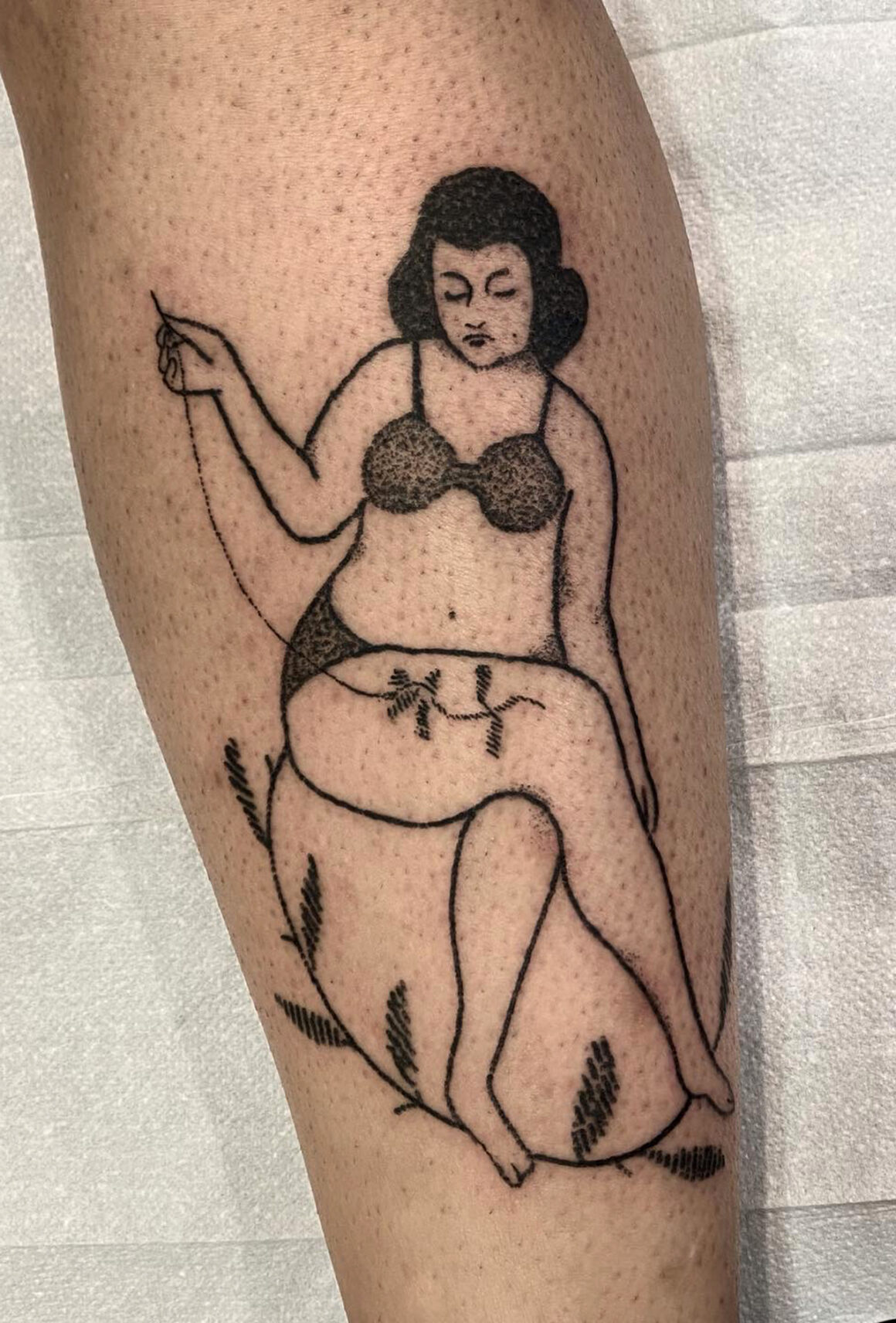
Yours, when it is not abstract, is an erotic tattoo; in fact I would say definitely erotic. Do you also consider it a “political” tattoo and relatable to gender battles?
Yes, my sensitivity to gender issues certainly emerges from my drawings, paintings and tattoos. I have made some very radical choices in my life and gender equality, transfeminism and people’s freedom are definitely my beacons. If we want to call it a political tattoo, let’s do that. Then again, I still believe that a simple tattoo, despite its massification, can convey very strong messages, clear and simple at the same time. It’s about the body becoming political, right?
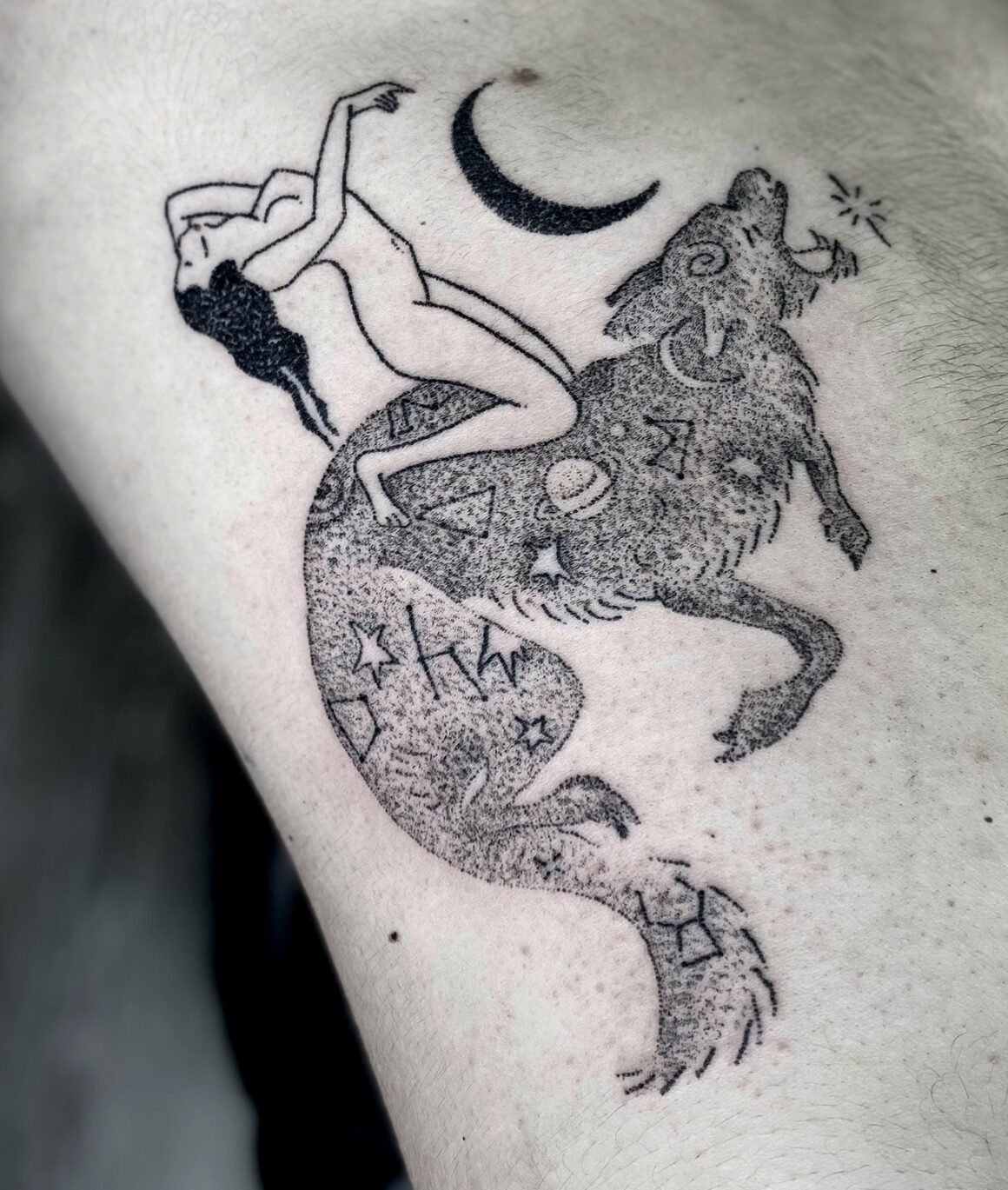
Let’s come to your exhibition ‘Pane, Marmellata e Me’, which opens next May 28 at Uroboro Bookshop in Rome. First of all explain how you came up with that misunderstood Ilona Staller song from 1977 that is a kind of reggae/dub primordial in the Italian discography. I didn’t know it, but I must say that it is really out of time…
I was having lunch with my friend Michele Santella, a graphic designer, screen printer and vinyl collector. We were talking about my exhibition, pornography and of course the pop songs of Moana Pozzi and Cicciolina (aka Ilona Staller. Ed.). He made me listen to that song that I had removed from my heart. ‘Pane, Marmellata e Me’ is a love song, an invitation to conviviality. Simple, sweet and fun like the life I want. Easy stuff, isn’t it? (chuckles)
Is the contamination of your drawings with Disney characters (Goofy and Mickey Mouse), that is, the antithesis of eroticism, a way of infusing even more eros and ambiguity into what you are creating? The famous inner contrast of art?
Goofy, Mickey Mouse or other funny characters that I happily steal from Andrea Pazienza, Robert Crumb or Max Fleischer, etc., represent my ironic look at things in life. They are flanked by little women saying imported things or quoting the writers I love in sexy poses. In doing so I ridicule the so-called “male gaze.” I find this dialogue funny and sometimes I laugh to myself while drawing!
And your famous last words are…?
Well, as the unforgettable Italian actress Monica Vitti would say : “I don’t work, I love!”. Have you ever seen her film ‘Duck in Orange Sauce’ directed by Luciano Salce? Simply wonderful.
Follow Uroboro Bookshop on Instagram: @uroborobookshop
